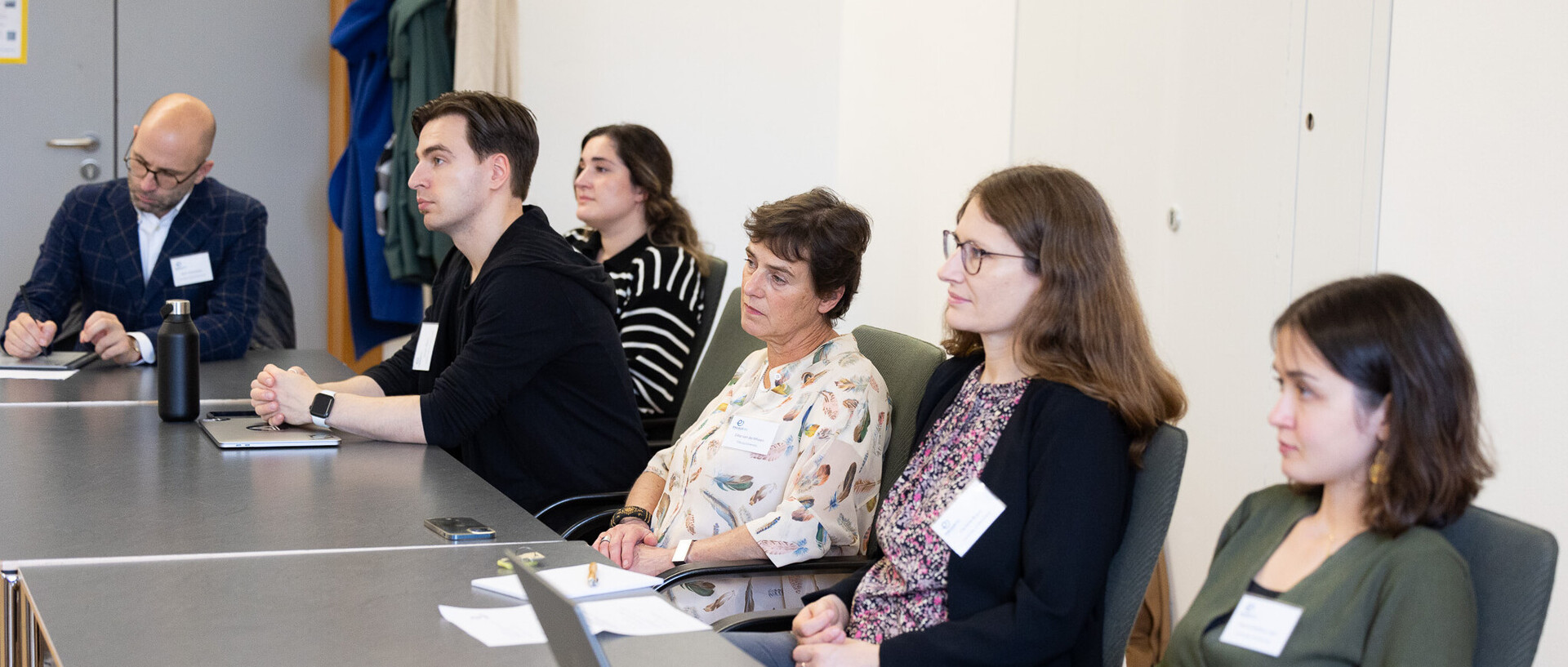International Conference, Transnational Perspectives on Europe's Extreme Right
University of Mannheim, 21 to 23 October 2025
In the early 1980s, an international far-right movement gained a new momentum by disseminating theories about a “cultural struggle” on the European continent due to increasing immigration by foreign workers, refugees, displaced persons and so-called late resettlers. This attitude was mainly based on French philosopher Alain de Benoist, who was opposed to intra-state multiculturalism and therefore advocated the separation of different ethno-cultural groups, a concept henceforth known as “ethnopluralism”. In the following decades, it inspired several radical and extreme right parties, such as The Republicans and later the Alternative for Germany (AfD) in Germany, the Freedom Party of Austria (FPÖ), the Swiss People’s Party (SVP), the British National Party (BNP), Vlaams Belang (VB) in Belgium, the Party for Freedom (PVV) in the Netherlands, Lega Nord in Italy, Jobbik in Hungary, Golden Dawn (XA) in Greece, the Front National/
Predominantly, it has been these kinds of parties that established the political climate for racist attacks and strove for their societal relativization. For instance, there was an enormous surge of pogrom-like acts of violence in German cities such as Hoyerswerda, Mannheim-Schönau, Rostock-Lichtenhagen, Mölln and Solingen in the early 1990s; far-right groups repeatedly attacked refugee camps with Molotov cocktails and rocks on Greek islands such as Chios and Moria during the 2010s; and most recently, massive anti-immigration and far-right protests and riots occurred in England and Northern Ireland between 30th July and 5th August 2024, after a lethal stabbing of three girls at a dance workshop in the seaside town of Southport.
